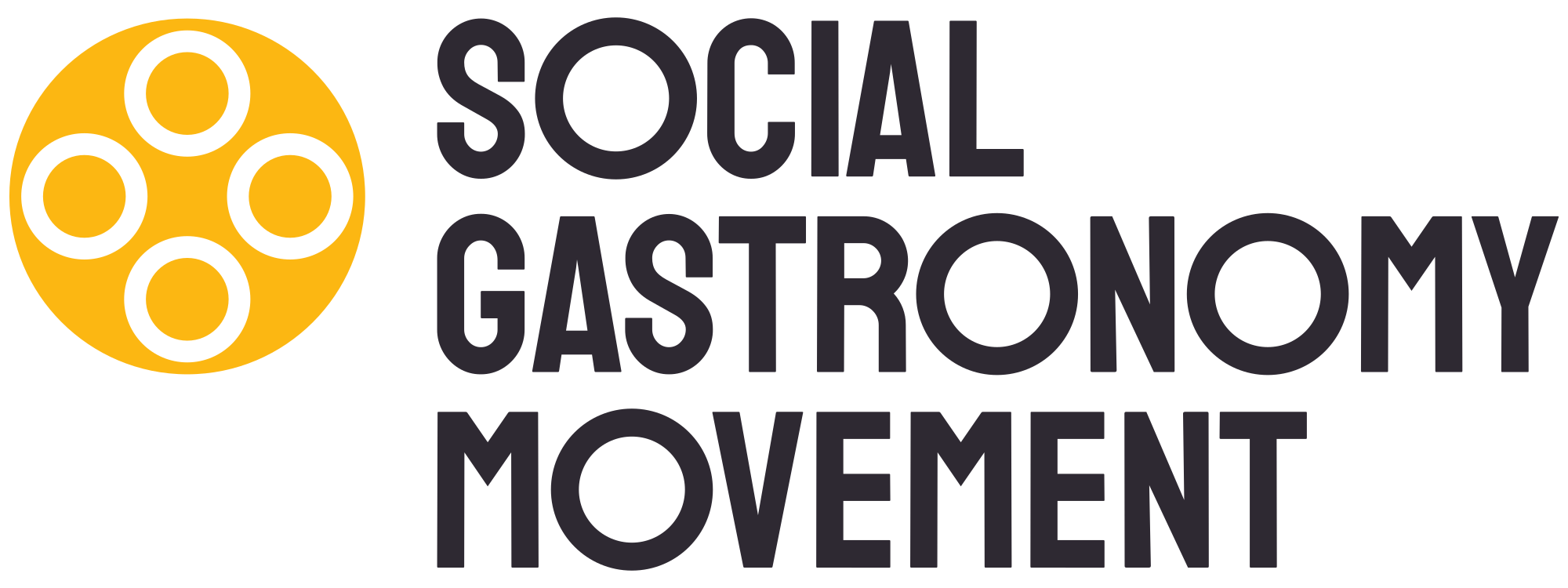Introduction and Context
Food systems are notably complex and intersectional…
which is why social gastronomy as a concept encompasses a vast assortment of practices that involve all stages of the food cycle and a broad range of impact activities including:
Building Social Cohesion
Gastrodiplomacy
Food Culture
Network building
Workforce Reintegration
Promoting Health & wellbeing
Nutrition education
School Meal Programs
Food Access
Food Sovereignty
Hunger Relief
Fighting Socioeconomic Inequalities
Job training
Capacity building
Facilitation & Collaboration
Sustainability
Supporting farmers
Planet-friendly production
Urban farming
Food waste recover
A HUMAN-CENTERED MOVEMENT
At this moment, organizations, businesses, and individuals are working tirelessly against hunger, the climate crisis, conflict, and unprecedented global vulnerabilities, all amidst the COVID-19 pandemic. Changemakers within the field of food and social innovation, like all of us, can benefit from a network of support, care, and a sense of belonging.
A global network with local impact.
The Social Gastronomy Movement (SGM) is a sum of its global parts. It is the collective effort of individuals around the world who are developing and promoting new models for the future of food. They are serving as catalysts within their local communities, ensuring that everyone, especially those traditionally left on the margins, can find dignified work, social inclusion, and access to nutritious food.
Our collective efforts of SGM have created the possibility for us to imagine a future that is sustainable, equitable, and just.
In this future; good food is enjoyed by all, consumption and production patterns are decided through the conscious and informed decision making of local communities; and grassroots innovation informs global action.
SGM’s vision of the future of food is closely informed by resilience, creativity, and diversity. It is one that respects culture, tastes, and nature. It acknowledges the pockets of hope that exist around the world, where small-holder farmers are valued, the rural and the urban are intricately linked, gatherings bring together individuals from all walks of life, and the kitchen serves as a classroom. In these spaces, as SGM Member Nora Fitzgerald says “we give a fish, teach how to fish, and ensure the system allows everyone to fish.”
When we take the time to act, to reflect, and to refine, we identify what ideas and motivations make our world just a little bit more balanced and fair.




